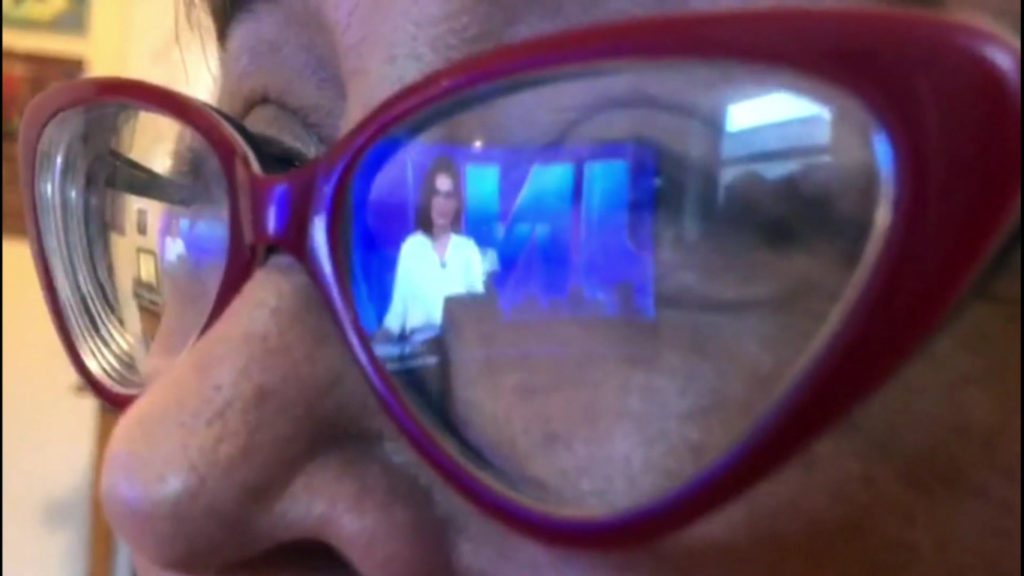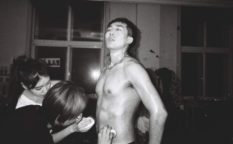Review: The Coup d’État Factory (2021)

Coup d’états today are not the same as they were 50 or even 30 years ago. The social landscape changed a lot, and nowadays it is not enough to drive the army on the streets to seize power. In our media-dominated landscape, those scenes look plain ugly and brutal. However, it does not mean that a coup has to be conducted differently and it has to rely on other assets rather than on sheer power, such as political power struggle within the parliament and carefully staged judicial processes. One of the most significant forces in that kind of processes is the power of the media that creates and controls the narrative.
Case in point here is the ousting of the Brazilian elected president Dilma Rouseff which started as a dirty media campaign within the framework of the Globo conglomerate, which serves as the titular term in Victor Fraga’s and Valnei Nunes’ documentary The Coup d’État Factory. The film premiered towards the end of 2021 at Havana International Film Festival and is quite suitable for the niche film festivals aligned with left-wing politics. That should not come as a big surprise given that both Fraga and Nunes have their experience in journalism, so their film should be seen more as a very informative exposé rather than a work of cinematic marvel.
The Coup d’État Factory opens with one of several of textual info-cards stating the intention of exposing the role that TV Globo and other big media companies played in the ousting and the subsequent process against Rouseff on corruption charges, while also explaining that the team did not have access to the original Globo material, which led them to the stylistic choice to hire artists to recreate the key moments using different techniques, like graphics and drawings. Combined with situational shots of Globo regional headquarters in various Brazilian cities and the cross-genre music by Erika Nande (who also serves as the film’s sound designer), it efficiently breaks the monotony of the numerous of talking-head-style interviews with the journalists, human rights activists and left-wing politicians both from Brazil and the UK.
A considerable role in adding dynamics to the film should also be attributed to the use of the 1993 British TV documentary Beyond Citizen Kane directed by Simon Hartog and produced by John Ellis who also appears as one of the interviewees. Hartog’s documentary also paints the picture of Globo’s dominant position on the Brazilian media scene and its connection with the right-wing politics in sharing the power and influence. The inclusion of the material from the older documentary is necessary also on the content level, since it provides the viewers with the historical context, while Fraga’s and Nunes’ work is more focused on the recent events.
The large amount of information about the coup itself, the campaign that preceded it and the aftermath of it might prove to be too much for a viewer who is not familiar with the Brazilian political scene, but Fraga (also the writer) and Nunes (also the cinematographer) do their best to share the information in a clear and logical fashion. They go distances to explain how the Brazilian media scene and media culture function, and even to explain the symbolism and iconography of the protests. For instance, the yellow national football team shirts combined with banging on the pots and pans is the go-to protest iconography, while the narrative of the protests is subjected to change and how the carnival can be used as a polygon for a political commentary.
Maybe the biggest revelation is given early on in the film, explaining the first documented conspiracy of fake (or at least heavily adjustable) news. It happened in 1913 on the famous Carioca Square in Rio de Janeiro: two journalists set up a huge roulette on the square, so the people flocked there to gamble. However, their goal was not to earn money, but to take photographs and to incite the police to take the action that would give them even more material to work with. One of those two was Roberto Marinho who later founded the Globo newspaper that opened its own TV station in the early days of the military regime.
In the end, The Coup d’État Factory is a very thorough and crafty enough documentary, but the information it shares with the audience is of the first-class value.
Original title: A Fantástica Fábrica de Golpes
Year: 2021
Runtime: 105’
Country: Brazil, UK
Language: Portuguese, English
Directed by: Victor Fraga, Valnei Nunes
Written by: Victor Fraga
Narrated by: Victor Fraga
Cinematography by: Valnei Nunes
Editing by: Valnei Nunes, Elisa S
Music by: Erika Nande
Sound design by: Erika Nande
Sound by: Erika Nande
Sound editing by: Katia Dotto
Colourist: Helton Rosa
Produced by: Victor Fraga
Production company: Dirty Movies
Distribution by: Quechua Films
















